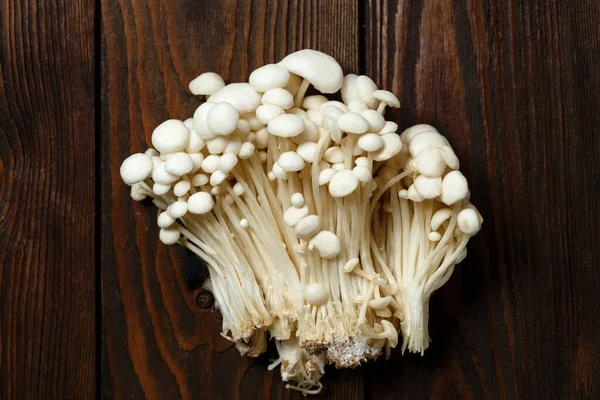Mushroom Consumption linked to Better Cognitive Performance. Several studies have suggested that mushrooms may have a positive impact on memory and cognitive function. Mushrooms are rich in beneficial nutrients and chemicals thought to protect brain cells, boost nerve growth, and regulate brain signaling. Studies suggest a link between eating mushrooms and better cognitive function, but mainly in Asian populations.
For example, a study published in Nutrients found that mushroom consumption was associated with improved cognitive performance, including executive function, word recall, and prospective memory.
Additionally, research from The University of Queensland discovered that the active compound from lion’s mane mushrooms boosts nerve growth, which could lead to improved memory formation.
A study from researchers in Singapore also found that older adults who consumed mushrooms regularly had a reduced risk of mild cognitive impairment (MCI), a condition linked to memory loss and dementia.
Furthermore, ongoing studies have shown that certain mushrooms have neurotrophic properties that could be beneficial for nerve and brain health.
This study explored the connection between mushroom intake and cognitive performance in a Western population. Over 8,000 people in the UK were tracked for years, reporting their mushroom consumption and completing memory and thinking tests.
Fewer people ate mushrooms over time, but 83% remained regular consumers. Those who ate more mushrooms generally performed better on tests measuring critical thinking, word recall, and planning ahead (prospective memory).
This held true even when considering fruit and vegetable intake. This study only observed a link, not a cause-and-effect relationship. Future research, like controlled trials, is needed to confirm whether eating mushrooms directly improves cognitive function.
This study adds to the growing evidence that mushrooms may benefit brain health. While more research is needed, including more diverse populations, regularly incorporating mushrooms into your diet could be a simple way to support cognitive well-being as you age.
While these findings are promising, more research is needed to fully understand the potential benefits of mushrooms for memory improvement[1].
How much mushroom should you consume to improve memory?
Consuming mushrooms can potentially improve memory and cognitive performance. A study published in the Journal of Alzheimer’s Disease found that older men and women who ate mushrooms as part of their regular diet were at a lower risk of MCI, a brain condition that is often a precursor to Alzheimer’s disease and other forms of dementia.
The study did not prove cause and effect, but it showed an association between consuming mushrooms and reductions in memory loss.
The recommended amount of mushrooms to consume for memory improvement is as few as two medium mushrooms per day.
However, a study conducted in Norway found that high mushroom intake in the elderly was associated with better cognitive performance than those with very low or no mushroom intake. In this study, participants in the highest category of mushroom intake (median intake = 13.4 g/4184 KJ (1000 kcal)/d) had higher cognitive performance scores compared to those in the lowest category. One mushroom that has been getting attention for its potential to protect brain health is lion’s mane. Early research shows that lion’s mane may have the potential to protect the brain and promote mood stability, concentration, and mental well-being.
Additionally, researchers from The University of Queensland have discovered the active compound from an edible mushroom that boosts nerve growth and promotes neuron projections, extending and connecting to other neurons.
ALSO READ: Handwriting May Boost Brain Connectivity, Enhance Learning And Memory









